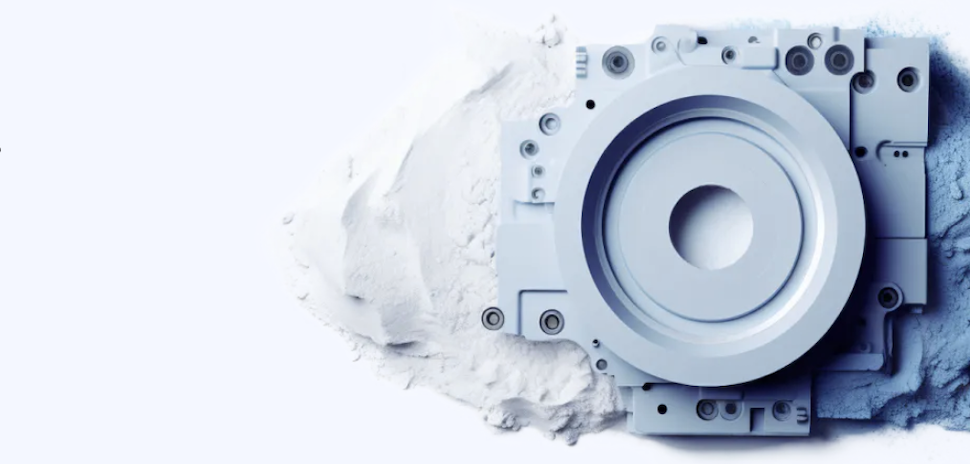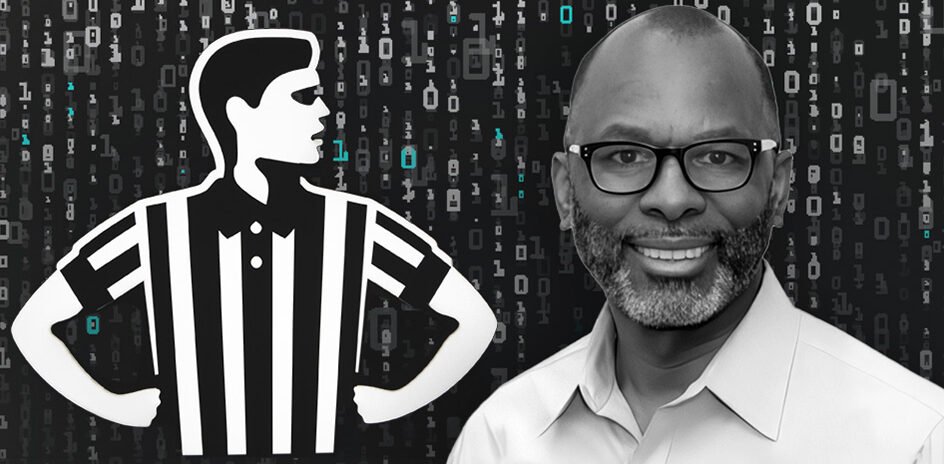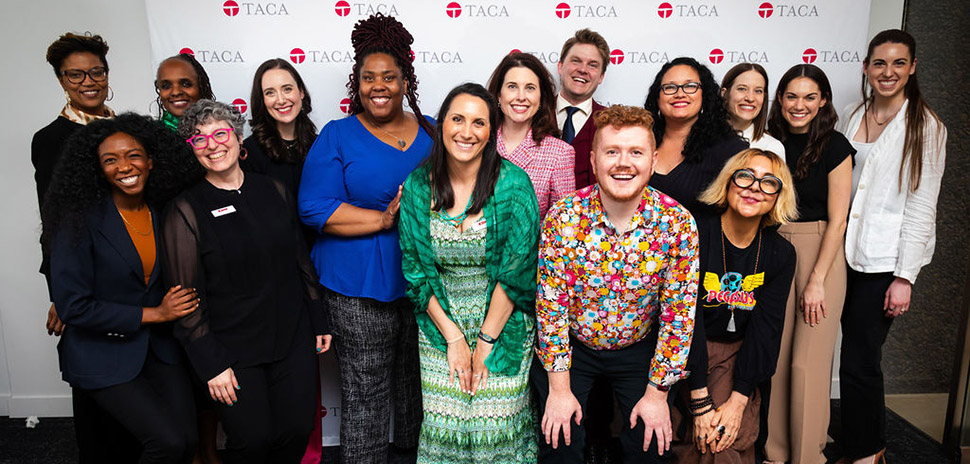![]() Natrion Inc., a rising star in solid-state battery technology, is charging ahead with innovations poised to transform electric vehicles, consumer electronics, and renewable energy storage. The New York-based startup, fresh from its selection for the 2024 Capital One Accelerator program, is riding a wave of recent successes including significant government contracts and industry recognition.
Natrion Inc., a rising star in solid-state battery technology, is charging ahead with innovations poised to transform electric vehicles, consumer electronics, and renewable energy storage. The New York-based startup, fresh from its selection for the 2024 Capital One Accelerator program, is riding a wave of recent successes including significant government contracts and industry recognition.

Thomas Rouffiac
Co-founded by Alex Kosyakov and Thomas Rouffiac, Natrion is not just reimagining batteries — they’re working to reshape the future of mobility and energy storage. “I am passionate about making desirable, affordable EVs a reality,” Kosyakov says, “and Natrion is my way of contributing towards that.”
In its quest for cleaner, more efficient transportation, the New York-based startup is charging ahead with what it describes as “the first validated drop-in solid-state battery technology for high-performance EVs.”
“Our core technology is a drop-in battery component called LISIC (Lithium Solid Ionic Composite) that enables rechargeable battery manufacturers to transition to the production of liquid-free solid-state batteries,” Kosyakov explains.
According to the company, its battery solutions could enhance performance across multiple sectors dependent on advanced battery technology, offering “enhanced safety, performance, and cost efficiency in electric vehicles, electronics, and renewable energy power grids,” said Kosyakov.
Natrion selected for SBIR contracts by the US Air Force
The summer of 2024 has been particularly eventful for Natrion.
During its participation in the Capital One Accelerator, the company secured two Small Business Innovation Research (SBIR) contracts from the US Air Force, worth more than $1.5 million in total. It also appointed a new Chief Operating Officer and was accepted into the 2024 Northrop Grumman Technology Accelerator program, according to a company press release.
And as Natrion’s innovative technology gains traction in the industry, the founders’ vision and hard work are earning recognition beyond the battery sector. Kosyakov and Rouffiac, former high school track teammates, were named to the 2024 Forbes 30 Under 30 North America – Energy list.
Participation in the Capital One mobility-focused Accelerator has further propelled Natrion’s growth, Kosyakov says. “It has given us exposure and access to resources that we were not even aware existed — much less knew how to leverage,” Kosyakov says. “The Dallas startup ecosystem is expansive and diverse, and being part of it through the Accelerator has allowed us to forge lasting and meaningful relationships with potential partners, funders, mentors, and customers.”
From sodium to lithium: A crucial pivot
Since its inception in 2018 in Illinois, where it still has an office, Natrion’s journey has been marked by a strategic pivot. Initially, the company aimed to create backup sodium solid-state batteries for renewable energy devices like solar panels. But they encountered an unexpected hurdle.
“Despite sodium being about 3,000 times more abundant than lithium in the Earth’s crust, our ability to extract lithium is currently much better than our ability to extract sodium,” Kosyakov said in Meet Global, a startup news and community platform. “We couldn’t compete with lithium batteries in terms of cost as we had initially hoped.”
The realization led to a crucial shift. Recognizing that sodium batteries couldn’t achieve the desired market scale, Natrion shifted its focus to applying its core solid-state battery technology to lithium-ion batteries, targeting the more lucrative high-end market, according to the publication.
The company’s agility in responding to market realities looks to be paying off. So far, Natrion has received more than $4 million in funding from investors, including Mark Cuban, TechNexus Venture Collaborative, and Tamarack Global, as well as multiple grants and contracts from the U.S. Department of Defense.
Developing for an “all-electric future”
The potential impact of Natrion’s core technology extends far beyond just improving batteries. “LISIC enables the production of batteries that are inflammable, store 50% more energy, and are more readily recyclable with the aim of finally facilitating a future of clean mobility based on desirable, affordable, and sustainable EVs,” Kosyakov explains.
According to Forbes, Natrion’s patented LISIC “can be deployed in existing gigafactories to convert them to high-volume SSB manufacturing.”
Looking ahead, Natrion is focused on scaling up production. The startup looks to deploy funding toward equipment and personnel “to produce our revolutionary LISIC material at large volumes and deliver it to more automaker customers for them to test, evaluate, and implement,” Kosyakov says.
The Capital One Accelerator pitch was the culmination of Natrion’s accelerator experience, he says, adding, “As we are now fundraising and preparing for our manufacturing ramp and scale-up, we’re excited to see what kinds of productive conversations this pitch might catalyze towards this.”
For more details on the 2024 Capital One Accelerator Program Pitch and its five finalists, read the full story here.
Capital One is a Dallas Innovates Platinum partner. “Powering the Future: Natrion’s Innovative Solid-State Battery Breakthrough Accelerates” was written and edited by Dallas Innovates’ brand studio.
![]()
Get on the list.
Dallas Innovates, every day.
Sign up to keep your eye on what’s new and next in Dallas-Fort Worth, every day.


























